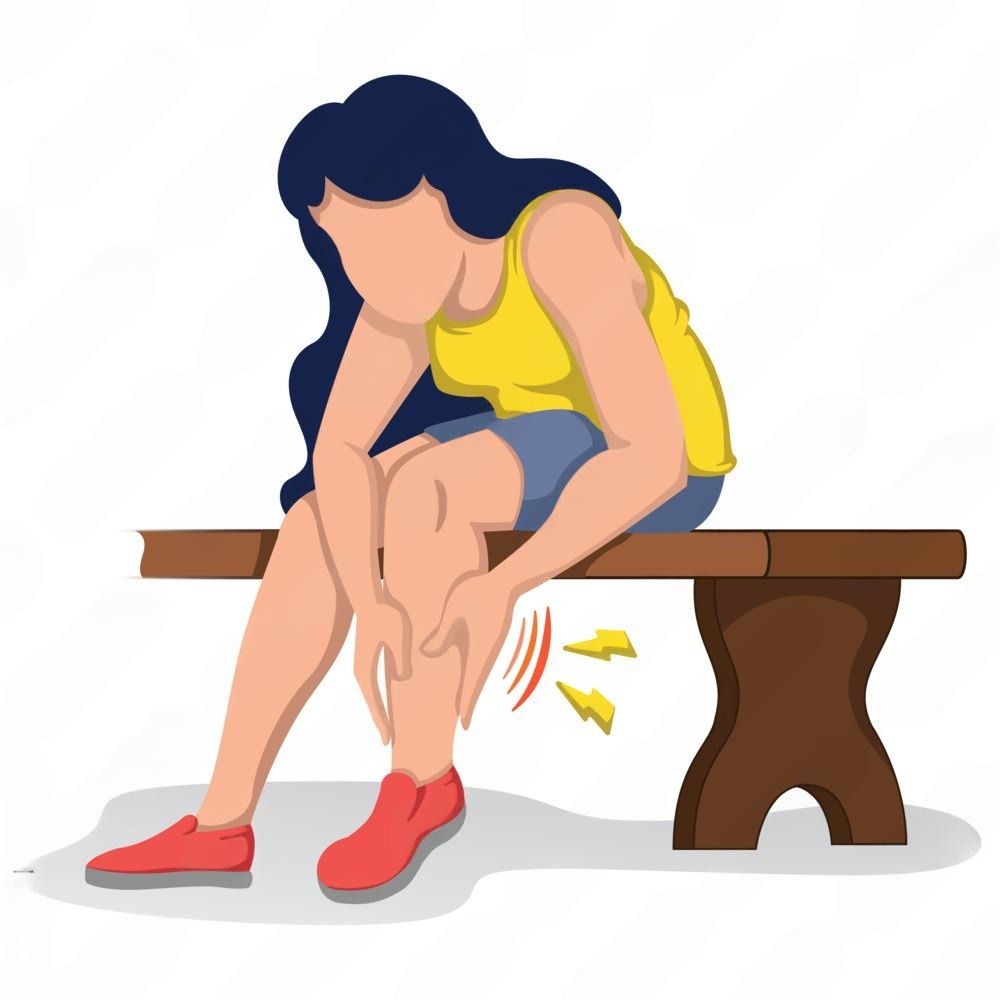What Causes It?
Diabetes mellitus - The most common cause of peripheral neuropathy worldwide, resulting from prolonged high blood sugar levels.
Alcoholism - Chronic alcohol abuse can lead to nutritional deficiencies and direct toxic effects on nerves.
Autoimmune disorders - Conditions like rheumatoid arthritis, lupus, Guillain-Barré syndrome, and chronic inflammatory demyelinating polyneuropathy.
Infections - Including Lyme disease, shingles, HIV/AIDS, leprosy, and diphtheria.
Vitamin deficiencies - Particularly B vitamins (B1, B6, B12) and vitamin E.
Medications - Certain chemotherapy drugs, anticonvulsants, antibiotics, and treatments for HIV/AIDS.
Toxins - Exposure to heavy metals (lead, mercury), industrial chemicals, or environmental toxins.
Trauma or pressure on nerves - From injuries, repetitive stress, or prolonged pressure (such as tight casts or prolonged bed rest).
Kidney and liver disorders - These can lead to imbalances in salts and chemicals that affect nerve function.
Genetic disorders - Inherited forms of neuropathy such as Charcot-Marie-Tooth disease.
Tumors - Can press on nerves or infiltrate them, or trigger paraneoplastic syndromes affecting nerves.
Connective tissue disorders - Such as rheumatoid arthritis, Sjögren's syndrome, and lupus.
Hypothyroidism - Low thyroid hormone levels can cause fluid retention that damages nerves.
Idiopathic - In some cases, no cause can be identified despite thorough evaluation.
Signs & Symptoms
Numbness and tingling - Often beginning in the feet or hands and potentially spreading upward.
Burning pain - Sharp, jabbing, throbbing, or burning sensations that may worsen at night.
Extreme sensitivity to touch - Even light touch can cause pain (allodynia).
Muscle weakness - Particularly in the affected areas, which can cause difficulties with daily activities.
Coordination problems - Including difficulty with fine motor tasks or unsteadiness when walking.
Feeling as if wearing gloves or socks when not - Called "stocking-glove" distribution, common in polyneuropathy.
Paralysis - In severe cases, when motor nerves are significantly affected.
Autonomic symptoms - Including heat intolerance, excessive or insufficient sweating, digestive problems, changes in blood pressure, or sexual dysfunction.
Changes in skin, hair, or nails - The affected area may show changes due to autonomic nerve involvement.
Symptoms that progress - Often beginning subtly and gradually worsening over time.
Asymmetric symptoms - In mononeuropathy or multiple mononeuropathy.
Symmetric symptoms - Typically in polyneuropathy, affecting both sides of the body similarly.
Phantom sensations - Feeling things that aren't there, such as vibrations or skin crawling.
